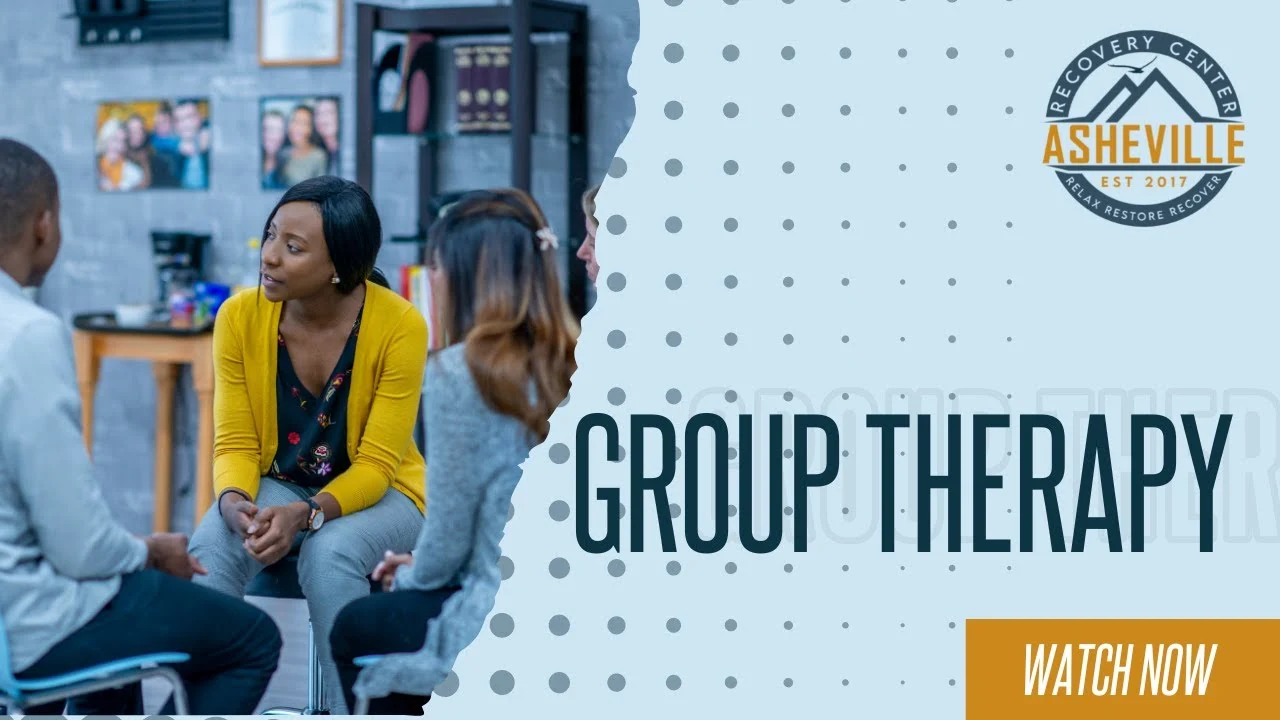Treatment Therapy
Find Strength in Community with Group Therapy
Individual therapy is the cornerstone of effective addiction treatment. It is a confidential alliance between you and your therapist, focused on uncovering root causes and building the skills for a life in recovery.
The Importance of Support Throughout Addiction Recovery
Addiction is an isolating disease, driving individuals away from relationships for fear of judgment, guilt, and shame. Group therapy is a powerful antidote to this isolation. It is a proven treatment modality that brings peers together to discuss addiction and recovery in a structured, professionally-facilitated environment. Connecting with others who have similar experiences helps to combat shame and build a foundation of support that is critical for long term sobriety.
Without gaining the necessary social skills that individuals develop through group therapy sessions, they will have a harder time assimilating back into society and getting the support they need to be successful. Returning to an isolated state once treatment concludes can be a trigger for past addictive behaviors and lead individuals down a slippery slope that most likely leads to relapse and even worse; overdose. Developing, maintaining, and growing a support system through group therapy allows for individuals to have the motivation and accountability they require to stay sober.
Our Commitment to Group Work
We believe in the power of community. That’s why our program is built around an intensive group therapy schedule.
5 Hours a Day
6 Days a Week
A Diverse Range of Group Topics
Our daily sessions cover a wide variety of topics designed to provide education, facilitate emotional growth, and build practical skills for a life in recovery.
Relapse Prevention
Learn to identify triggers and develop strategies to navigate high-risk situations.
Role Playing Scenarios
Practice healthy communication and boundary-setting in a safe, guided environment.
Psychoeducation
Understand the science of addiction and the biological, psychological, and social factors involved.
Developing Coping Skills
Acquire practical tools for managing stress, anxiety, and other difficult emotions without substances.
Interactive Groups
Engage in dynamic activities and discussions that promote active participation and skill-building.
12 Step Facilitation
Explore the principles of 12-step programs in a therapeutic setting to build a strong recovery foundation.
Emotional Regulation
Learn to identify, understand, and manage your emotions in a healthy, productive way without needing to turn to substances.
Mindfulness & Stress Management
Engage in practices that ground you in the present moment and reduce the stress that can often trigger a relapse.
The Benefits of Group Therapy
Group counseling has been proven to be highly effective in treating substance use disorders. It provides a space to be open and vulnerable, learn from others, develop relationship skills, and practice communicating in more effective ways.
Getting the Most from Group Counseling
Each group counseling session at Asheville Recovery Center is led by a licensed addiction therapy specialist to ensure the conversation is productive and every participant has the opportunity to cooperate equally. To get the most out of these sessions, each individual attendee has to be willing to cooperate and invest themselves in the process.
A few tips for individuals cooperating in a group therapy session include:
- Listening to other group members offer testimonials
- Providing your own testimonials
- Taking active notes to take what you have learned with you
- Holding group members accountable for their recovery
- Holding yourself accountable for your recovery through the support of group members
- Using group members for advice or support throughout treatment
- Asking any unanswered questions you have about recovery
- Opening up your mind to develop empathy for others

Download Our Free E-Book
A Deeper Look at Group Therapy
Group therapy is great for practicing skills, but individualized therapy is where those skills are learned. Watch our video to understand more about the importance of this personal, focused work.
Contact Us for a Confidential Consultation
Taking the first step is the most important one. Reach out to us today. All communications are 100% confidential and there is no obligation.


